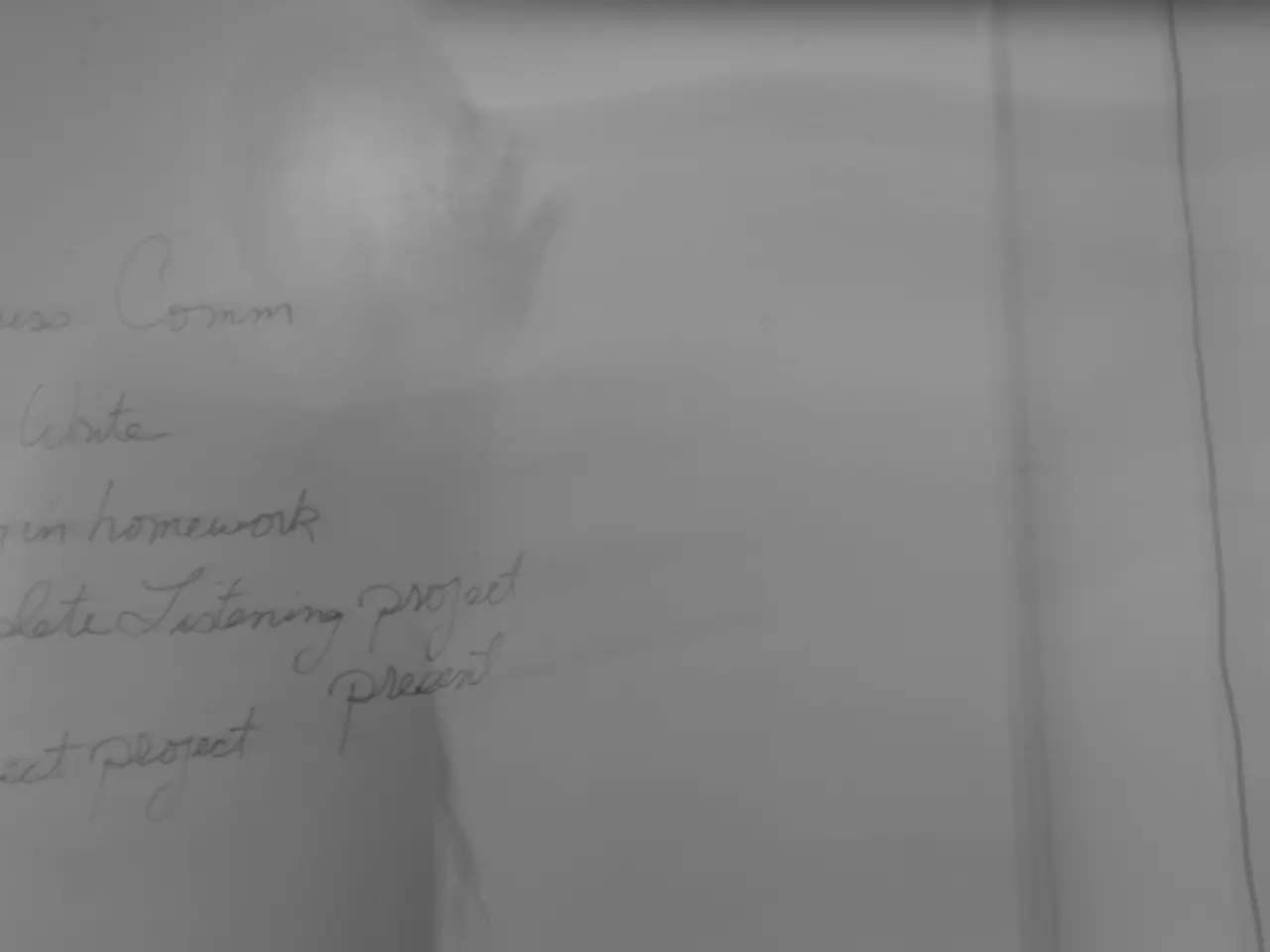The Hullabaloo Over the New Minimum Wage Uncovers a Prevalent Issue: Lack of Appreciation for Democratic Understanding
- by Frank Donovitz
- ⏱️ 2 minutes read
Unrest surrounding the proposed minimum wage increase highlights a significant underlying issue - Inadequate Minimum Wage Posed as a Major Conundrum
The collective response to the minimum wage hike has shown a disturbing trend in Germany: diminishing esteem for mutual democratic concessions.
The agreement between employers and labor reps is rarely viewed with esteem. Some bosses find the minimum wage uptick excessive, the political left considers it too timid, economists hoist their predictions for or against. Some preach impending price hikes or the doomsday of native berry crops. Seemingly, the only valuable thing people care about now is being right - doggedly so.
A Reasonable Minimum Wage Compromise
Let's get straight to the point: The Minimum Wage Commission struck a reasonable compromise. It gracefully approached the EU average of around €15 for Germany, over a cautious period with at least two years of business-friendly planning. Yes, it's true: The wage divide between collectively-bargained wages and the new minimum wage may narrow in some areas. It will be tight in sectors ranging from events to hospitality to certain crafts. Ahead-thinking business owners should figure out how to navigate this. Constantly whining about wage growth isn't a business strategy.
People on minimum wage rarely voice complaints. It's because hardly anyone bothers to consult them. Their paychecks will grow by eight percent starting in January next year, followed by another five percent by 2027. That might sound like a lot, but it mirrors the general wage growth of recent years. Fair - and sustainable.
The estimated over five million workers at the lower end of the income scale sure deserve this increase. They slave away for every penny and often serve as the backbone of operations. They can rarely afford the experiences they help create - like dining out or purchasing concert tickets. Having a share of general income development is the least they deserve.
And the politics? The centrist democratic parties, especially social democracy, would do well to sell the compromise as a concrete achievement - even a proof of the functionality of the social market economy. Recognizing the autonomy of social partners and empowering them when necessary is a characteristic of good economic and social policy in Germany.
I'm not against tough negotiations, debate, or continued debate. On the contrary. But respect for the achieved compromise is also part of democratic debate, in my book. It would enrich any future debate. And thus, all of us. Because a lack of respect for compromise breeds only intolerance and overconfidence - and extremism.
- Minimum Wage
- Compromise
- Appreciation
Enrichment Data:
The general sentiment toward the minimum wage compromise in Germany reflects a mixed bag of cautious approval, sector-specific worries, and broader discussions about democratic compromise and the social market economy.
Minimum Wage Increase and Sectoral Impact
Germany will gradually increase the statutory minimum wage: first to €13.90 at the beginning of 2026, followed by a rise to €14.60 by January 2027[1][2][5]. This phased increase denotes a considerable boost in wages, driven by the Minimum Wage Commission's effort to support lower-income workers amid economic hardships[4][5].
However, the impact on various sectors differs:
- Some industries, such as petrol stations and car washes, are directly affected by these changes since many workers in these sectors rely upon minimum wage jobs[2]. The wage hike may be applauded by employees but may drive up costs for businesses in these fields.
- The Minimum Wage Commission has faced criticism for applying "intense pressure" to speed up the wage increases, indicating friction between economic actors concerning the pace and size of these adjustments[5].
- From the political side, there are warnings against complacency or "easy compromise," exemplified by voices within the SPD (Social Democratic Party) urging the party to push harder for more profound changes rather than settling for temporary improvements[3].
Broader Implications for Democratic Compromise and Social Market Economy
The wage increase debate reflects larger questions about democratic compromise and the social market economy in Germany:
- The incremental, negotiated increase in minimum wage reflects Germany's approach to harmonizing social welfare with economic feasibility - a hallmark of the social market economy model. The gradual increases aim to improve workers' living standards while mitigating potential shock effects on employers and the economy.
- Political debates, including discontent within the SPD about the depth and ambition of compromises, indicate ongoing challenges within democratic processes to reconcile diverse interests effectively[3]. The tension between political pragmatism and social justice ambitions is evident.
- This dynamic illustrates how democratic compromise in Germany involves ongoing negotiation among parties, social partners, and commissions to strike socially acceptable and economically sustainable outcomes. It also signals that while wage hikes are welcomed as progress, there is skepticism over whether compromises go far enough to address social inequalities or merely serve as temporary solutions.
In summary, the minimum wage compromise in Germany is seen as a positive yet moderate step to boost worker pay, with specific consequences for sectors employing many minimum wage workers and ongoing debates about the adequacy of such compromises within the country's social market economy framework and democratic discourse. The process exemplifies the balancing act between social protection and economic pragmatism inherent in German policymaking.
The Commission has also been asked to submit a proposal for a directive on the finance sector, aiming to ensure business stability and transparency in the politics of Germany's general-news landscape.
Employers and labor reps across various industries should appreciate the comprehensive nature of the minimum wage compromise, as it strives to promote economic equality and empower workers in the democratic social market economy, fostering a culture of mutual respect and compromise.







